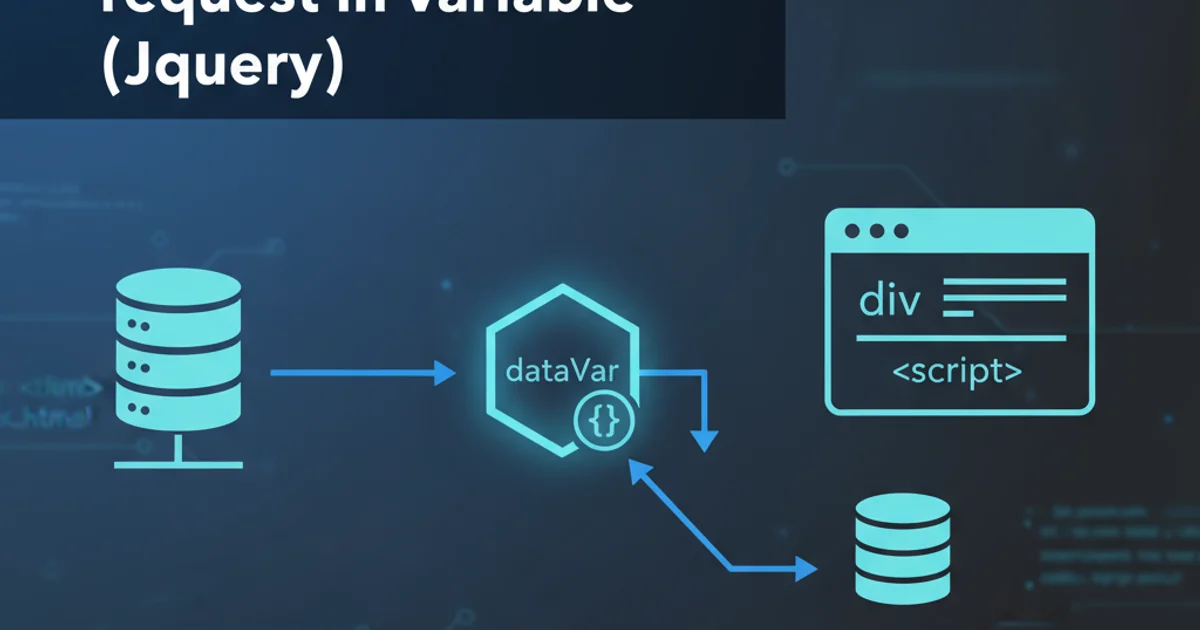When does lvalue-to-rvalue conversion happen, how does it work, and can it fail?
Categories:
Understanding Lvalue-to-Rvalue Conversion in C++

Explore the mechanics of lvalue-to-rvalue conversion in C++, when it occurs implicitly, and the scenarios where this fundamental process can lead to errors or unexpected behavior.
In C++, expressions are categorized as either lvalues or rvalues, a distinction crucial for understanding how objects are accessed, modified, and managed. An lvalue (locator value) refers to an object that occupies an identifiable memory location, meaning you can take its address. An rvalue (read value) refers to a temporary value that does not necessarily occupy a persistent memory location and cannot have its address taken. The lvalue-to-rvalue conversion is a fundamental implicit conversion that allows lvalues of certain types to be used in contexts where an rvalue is expected. This article delves into when this conversion happens, how it works, and potential pitfalls.
What is Lvalue-to-Rvalue Conversion?
Lvalue-to-rvalue conversion (often abbreviated as L-R conversion) is an implicit type conversion in C++ where an lvalue expression of a non-function, non-array type is converted into an rvalue of the same type. Essentially, it means reading the value stored at the memory location identified by the lvalue. The result of this conversion is a temporary object (an rvalue) that holds a copy of the original lvalue's value. This conversion is a cornerstone of C++'s type system, enabling flexible use of variables and expressions.
flowchart TD
A[Lvalue Expression] --> B{Is it a non-function, non-array type?}
B -->|Yes| C[Read Value from Memory Location]
C --> D[Create Temporary Rvalue Copy]
D --> E[Rvalue Used in Expression]
B -->|No| F[No L-R Conversion Occurs]Flowchart illustrating the lvalue-to-rvalue conversion process.
When Does Lvalue-to-Rvalue Conversion Occur?
Lvalue-to-rvalue conversion happens implicitly in many contexts where an rvalue is expected. This includes:
- Arithmetic and Logical Operations: When an lvalue is an operand to an arithmetic (e.g.,
+,-,*,/) or logical (e.g.,&&,||) operator, its value is read and converted to an rvalue. - Function Arguments: If a function parameter expects an rvalue (e.g., by value or
const&for primitive types), an lvalue argument will undergo L-R conversion. - Return Statements: When an lvalue is returned by value from a function, its value is copied, resulting in an rvalue.
- Initialization and Assignment: In direct initialization or assignment, the right-hand side expression often undergoes L-R conversion to provide the value for the left-hand side.
- Built-in Subscript and Member Access: When accessing elements of an array or members of a class, the lvalue representing the array or object is converted to an rvalue to access its contents.
It's important to note that this conversion does not happen for lvalues of function types or array types. Functions decay into function pointers, and arrays decay into pointers to their first element, which are distinct conversions.
#include <iostream>
int main() {
int x = 10; // x is an lvalue
int y = 20; // y is an lvalue
// Arithmetic operation: x and y undergo L-R conversion
// The values 10 and 20 are read, resulting in rvalues.
int sum = x + y;
std::cout << "Sum: " << sum << std::endl; // Output: Sum: 30
// Function argument: x undergoes L-R conversion when passed by value
auto print_value = [](int val) {
std::cout << "Value: " << val << std::endl;
};
print_value(x); // Output: Value: 10
// Assignment: The value of x is read (L-R conversion) and assigned to z
int z = x;
std::cout << "Z: " << z << std::endl; // Output: Z: 10
// No L-R conversion for arrays (decays to pointer)
int arr[] = {1, 2, 3};
int* ptr = arr; // arr decays to a pointer to its first element
std::cout << "First element: " << *ptr << std::endl; // Output: First element: 1
return 0;
}
Examples of implicit lvalue-to-rvalue conversions in C++.
Can Lvalue-to-Rvalue Conversion Fail?
Yes, lvalue-to-rvalue conversion can fail or lead to undefined behavior under specific circumstances, primarily when the lvalue refers to an object that is no longer valid or accessible.
- Accessing Uninitialized Variables: If an lvalue refers to an uninitialized variable, attempting an L-R conversion (i.e., reading its value) results in undefined behavior. The program might crash, produce garbage values, or behave unpredictably.
- Dangling References/Pointers: When an lvalue is a dereferenced dangling pointer or a reference to an object that has gone out of scope, reading its value through L-R conversion will lead to undefined behavior. The memory location might have been reallocated or contain arbitrary data.
- Accessing
constObjects withvolatileQualifiers: While not a 'failure' in the sense of crashing, reading aconst volatileobject might yield different values if the hardware can modify it. The L-R conversion simply reads the current value, which might not be what a programmer expects if they assumeconstimplies immutability in all contexts. - Accessing
voidLvalues: An lvalue of typevoidcannot undergo L-R conversion becausevoidrepresents the absence of type and thus has no value to read.
Understanding these failure modes is crucial for writing robust and safe C++ code, as undefined behavior is one of the most challenging issues to debug.
#include <iostream>
int* create_dangling_pointer() {
int local_var = 100; // local_var goes out of scope after function returns
return &local_var;
}
int main() {
// 1. Uninitialized variable (Undefined Behavior)
int uninitialized_var;
// std::cout << "Uninitialized: " << uninitialized_var << std::endl; // DANGER: UB here!
// 2. Dangling pointer (Undefined Behavior)
int* dangling_ptr = create_dangling_pointer();
// int value = *dangling_ptr; // DANGER: Dereferencing dangling_ptr and L-R conversion is UB!
// std::cout << "Dangling value: " << value << std::endl;
// Example of valid L-R conversion for comparison
int a = 5;
int b = a; // L-R conversion of 'a'
std::cout << "Valid conversion: " << b << std::endl; // Output: Valid conversion: 5
return 0;
}
Code demonstrating scenarios where lvalue-to-rvalue conversion can lead to undefined behavior.